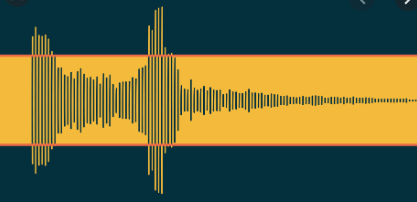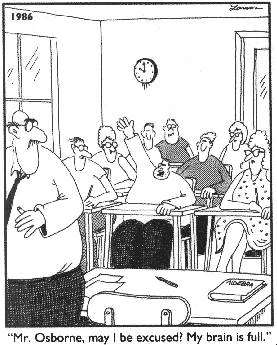You mentioned something almost in passing in one of the recent threads, @howard, and that caught my attention (obviously, because I hadn’t given it much thought before).
Can’t find the citation, so I’ll paraphrase: the challenge about taking “your sound” with you when you get new gear. (But, in fact, it might be a more universal challenge…)
Scenario 1: I play at home through my Rumble Studio 40, use oodles of time to get to know all the knobs, presets, effects, amp modelings etc and eventually arrive at something that I find pleasing, and thus declare this particular combination of settings and effects “my sound”.
Scenario 2: I want to try and test a new bass in a shop. Do I bring my Studio 40 as a pre-amp/effects box?? Hardly… So, like you said, @howard, you’d need a pedalboard or multi-effect for this purpose, right!? (In order to bring “your sound” with you and compare how the new bass sounds in this context). No?
Scenario 3: I go to a gig/rehearsal and there is an amp/cabinet there to use. Again, how do I bring “my sound” along?? I guess the Studio 40 is not an option, but again my own pedalboard or multieffect!?
Scenario 4: at a larger gig, there is a PA. What do I do here to bring along and reproduce “my sound”??
Scenario 5: I (at some point in the future) retire my Studio 40 and get a different amp - now what? (That was @howard’s original scenario).
So, it begins to dawn on me that despite my fancy modeling amp, I still need other hardware to make my sound portable. Or??
 !
!



